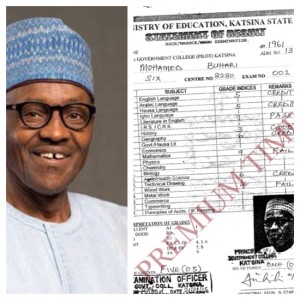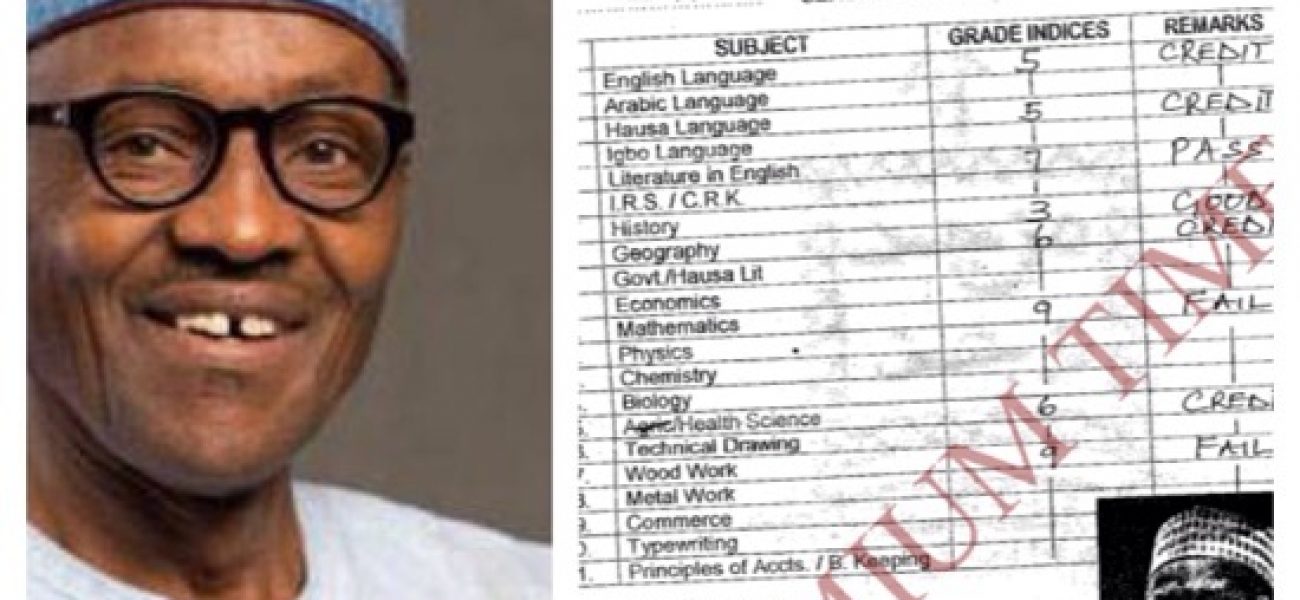 The recent rancour over the educational qualifications of the All Progressives Congress Presidential candidate, General Muhammadu Buhari has led to extensive debate over the constitutional provision for the qualification of an aspirant as well as an examination of the power of the electoral management body to exclude candidates.
The recent rancour over the educational qualifications of the All Progressives Congress Presidential candidate, General Muhammadu Buhari has led to extensive debate over the constitutional provision for the qualification of an aspirant as well as an examination of the power of the electoral management body to exclude candidates.
It will be recalled that the Peoples Democratic Party (PDP) had accused the APC of presenting a candidate that did not meet the educational qualification criteria of section 131 of the 1999 Constitution (as Amended) which stipulate that a person must have a Secondary School Certificate Examination (SSCE) or its equivalent. The PDP claims that Gen. Buhari’s failure to deposit a copy of his school certificate to the electoral management body disqualifies him from the contest.
While Government College, Katsina (previously known as Provincial Secondary School, Katsina) has since released the SSCE certificate of General MuhammaduBuhari, it is worthy of note that section 318 of the 1999 Constitution (as Amended) which interprets the definition of SSCE or its equivalent is often overlooked. The definition includes persons that have not written the SSCE exam but have been educated up to school certificate level as attaining the minimum educational requirement. In addition, persons with a primary school certificate who fulfil other criteria to the satisfaction of INEC may also be viewed as falling within the parameters of the definition. For example, a person with a primary school leaving certificate who has served in the public or private sectorin any capacity for ten years who has been attending courses and trainings in institutions and is a literate may be deemed as attaining the minimum educational requirement by INEC.
In contrast, it is interesting that the Electoral Act differs from the position of the Constitution as section 31(1) of the Electoral Act, 2010 (as Amended) ironically prevents INEC from excluding or disqualifying a candidate that a political party has proposed to sponsor at the elections for any reason whatsoever. Therefore, though the Constitution vests the power of discretion of excluding candidates to INEC, the Electoral Act vests the power of exclusion and disqualification as a matter to be adjudicated by the Court not INEC. Most recently, an Abuja based lawyer has filed a suit asking a Federal High Court in Abuja to disqualify Gen. Buharion the grounds of perjury based on the false information contained in the affidavit submitted to INEC may offer the Court an opportunity to reconcile the anomaly between the Constitution and the relevant provisions of the Electoral Act. Section 31(5) of the Electoral Act, 2010 (as Amended) allows a person that has reasonable ground to believe that false information given by a candidate is false to file a suit in Court to make a declaration that the information in an affidavit is false.

